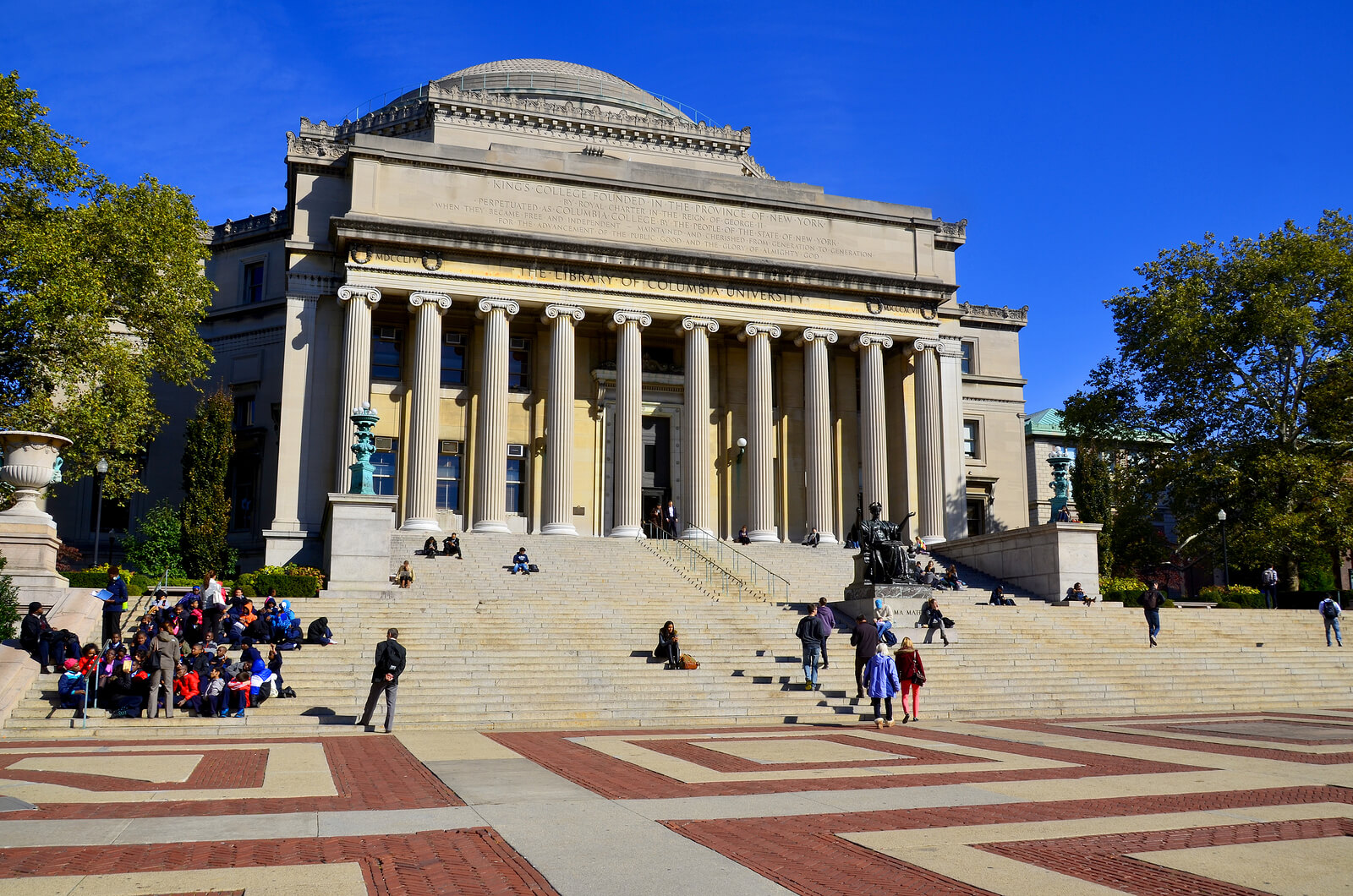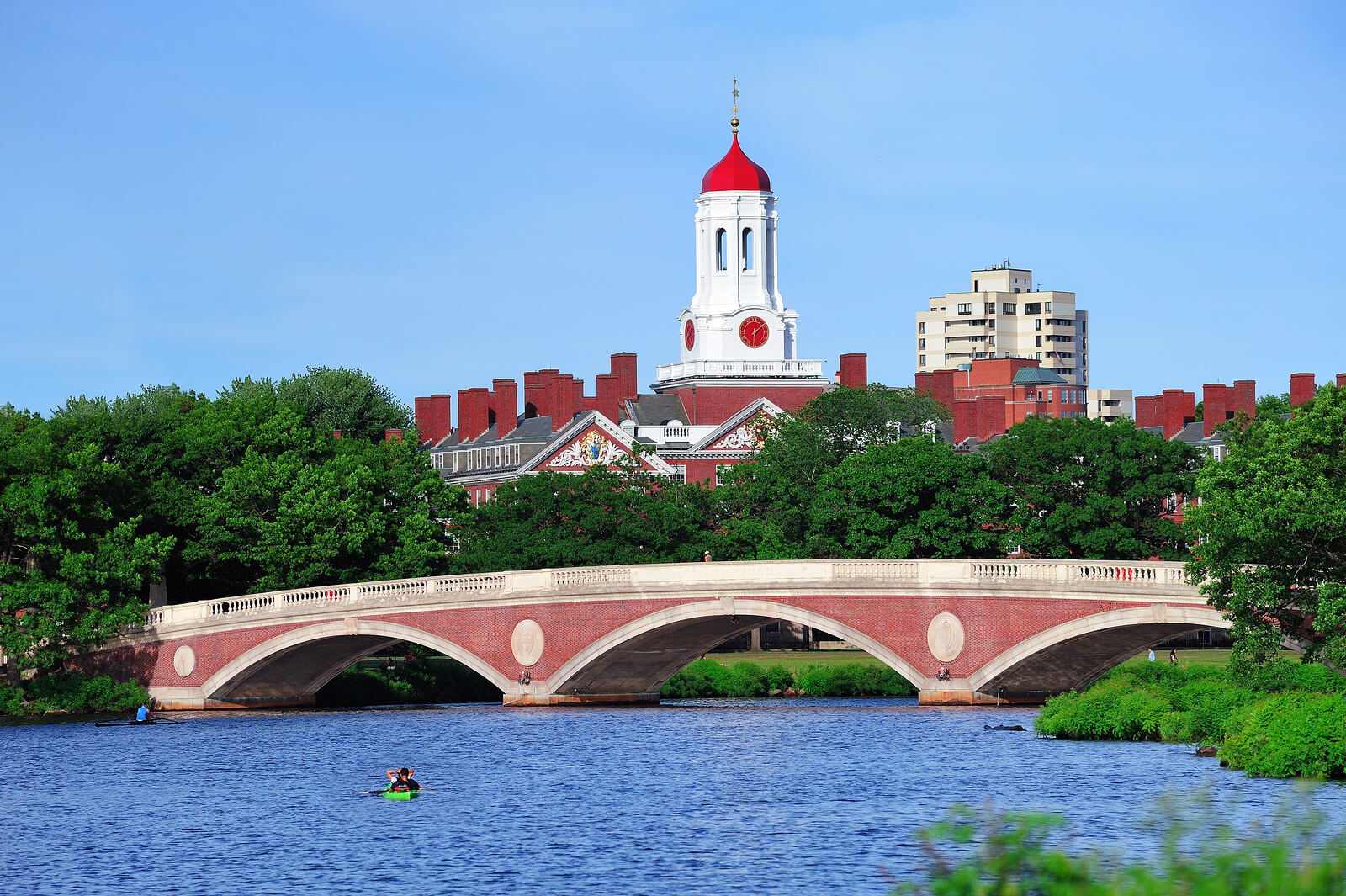The term ‘Ivy League’ was originally used to refer to an athletic conference that eight universities from the east-coast of the USA take part in. However, the term is more often used to refer to the eight schools themselves, and the Ivy League schools are regarded by many Americans as the most renowned schools for both academic and athletic excellence. The eight universities, which are famous world-wide, are Harvard, Yale, Pennsylvania, Princeton, Columbia, Brown, Dartmouth and Cornell. All of the schools can be found near New York, Boston or Philadelphia.

The history of the Ivy League
The Ivy League are some of the USA’s oldest institutions of further learning, and this historic context is showcased by the ivy-clad buildings that students still attend their classes in. The oldest of the schools is Harvard (which was founded in 1636, nearly 70 years before any of the other institutions) with Cornell being most recently founded in 1865. As you would expect from older universities, the Ivy League often places emphasis on traditional subjects, and as a result some of their programmes are stronger than others. A Law degree at an Ivy League school would be more specialised than an Engineering degree, for example.
America’s most popular colleges?
All eight colleges are regularly seen in the top 15 college rankings in the US, and many political and social figures are famous Ivy League alumni, including Barack Obama. The Ivy League schools have a reputation of social elitism, and it is true that they have a very low uptake: the colleges receive 200, 000 applicants yearly, and accept an average of 10%, with acceptance being as low as 6% for some schools. High SAT scores, or equivalent, are a must, but the application process itself is also renowned for being rigorous, with essays and interviews being requested as regular procedure for many of the schools.
Attending an Ivy League school
Athletically, the Ivy League colleges place a high worth on a variety of different sports, both team and individual. Rivalries run very deep between the colleges (Princeton and Pennsylvania have a big rivalry in men’s basketball, for instance.) All of the colleges offer over 30 extra-curricular sports, from track and field to traditional sports like lacrosse and fencing. Having said that, unlike some universities, the Ivy League will not offer scholarships based on athletic prowess. There is just as much emphasis on academic skills, and students have to be prepared to put in the work on and off the pitch.

Being an Ivy League graduate
Carrying a degree from an Ivy League school can bring many benefits, both in America and abroad, and particularly in certain careers. Attendance at an Ivy League school often opens up potential alumni networks. However, it comes at a high price: American Universities are able to set their own tuition fees, and the Ivy League fees average $35,000 (£21,800) a year. It is partly for this reason that the schools are often accused of elitism, but many students can now apply for financial aid. At Princeton, for example, 60% of students received some form of financial aid in the year 2013-14. Princeton even has a ‘no-loan’ policy, put in place back in 2001, so that many students receive part-scholarships they do not have to pay back. This is due in part to the successful alumni who donate to the university after their career.
Things to remember
If you are considering applying to an Ivy League school, it is very important to do your research. Some of the schools are more renowned for particular subjects. Some are based in big cities whilst some are in small towns. Before applying you need to consider all aspects of your academic career, including such things as accommodation and social life, as well as the particular course you are looking at. And remember that the Ivy League schools are only one aspect of college education.